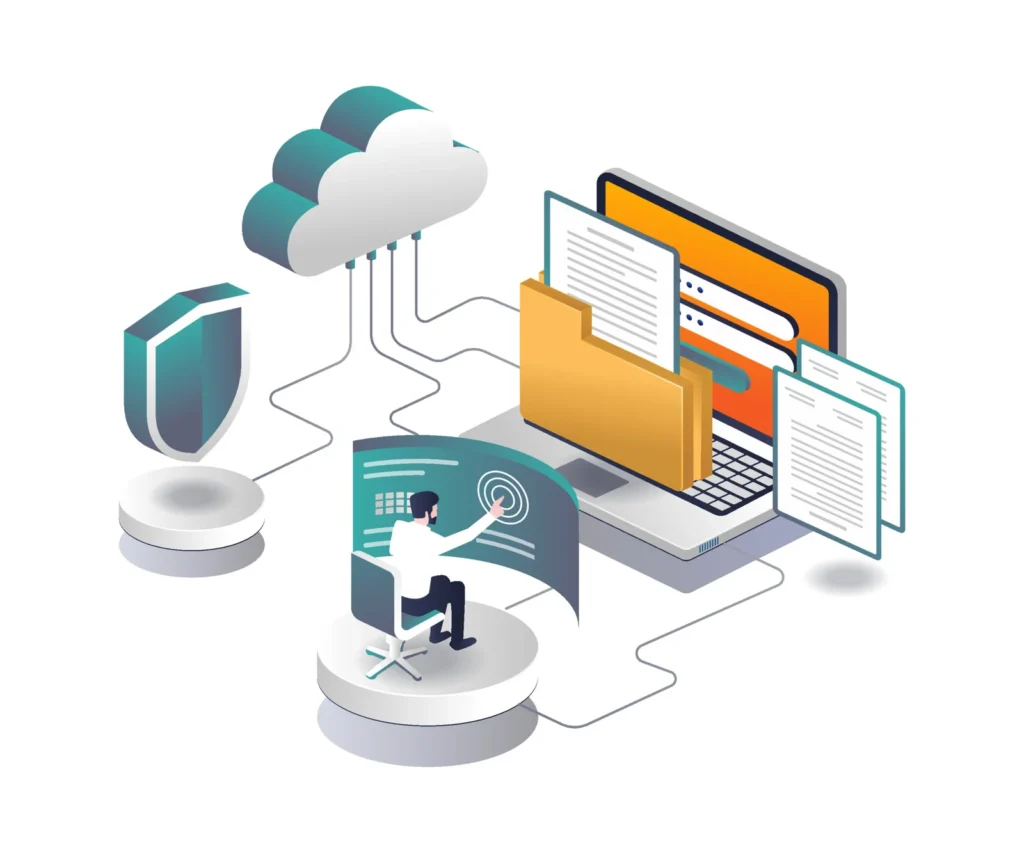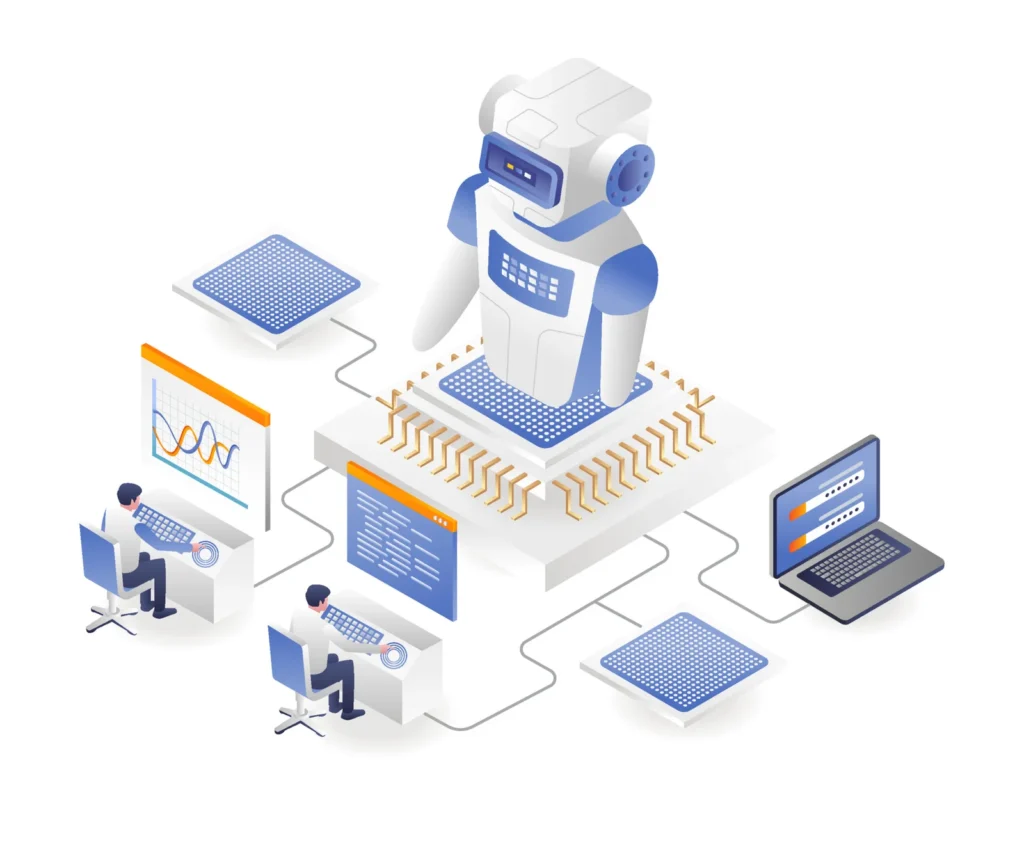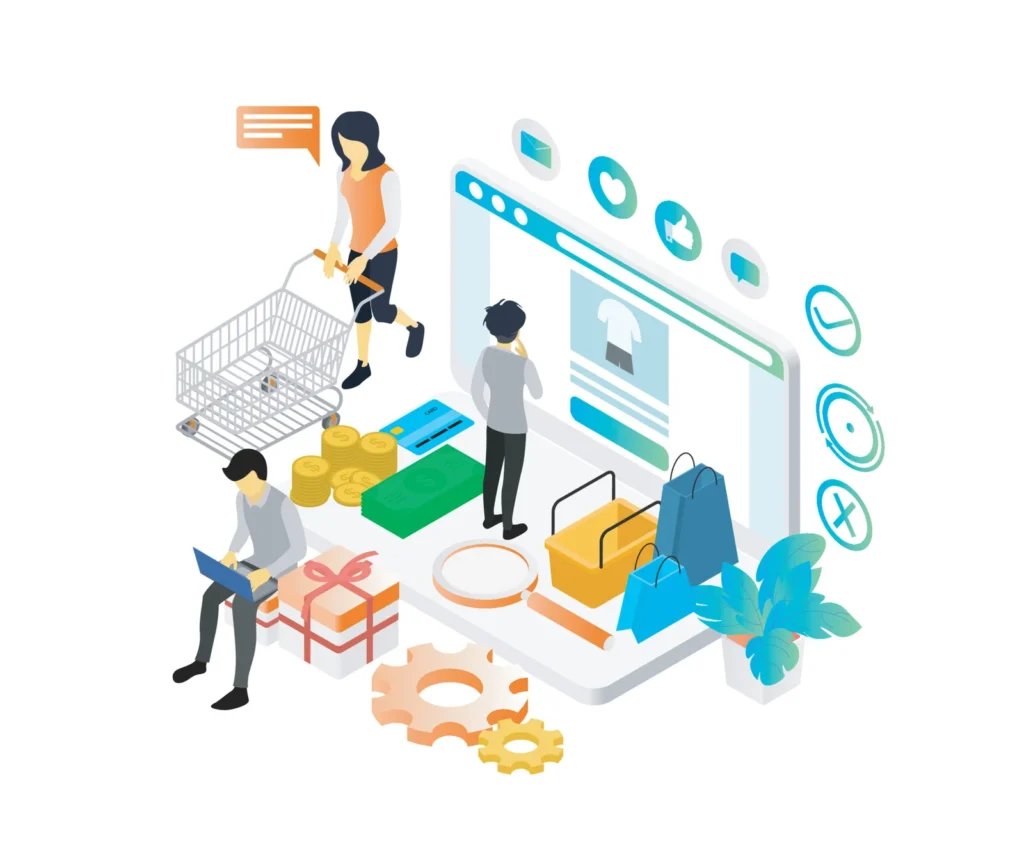The Critical Role of Application Modernization in Saudi Arabia
In Saudi Arabia’s dynamic business landscape, application modernization is essential for companies aiming to stay competitive. Legacy systems often fail to meet the demands of modern-day operations, leading to inefficiencies and high maintenance costs. Application modernization bridges this gap by transforming outdated software into agile, scalable, and efficient systems. Businesses that adopt application modernization services benefit from enhanced performance, improved security, and seamless integration with modern technologies. Legacy application modernization is not merely about updating old systems but reimagining them to align with current market demands and future growth.
Saudi Arabia’s push towards digital transformation has made application modernization a key focus for enterprises. By transitioning to more robust systems, businesses can unlock growth opportunities and maintain relevance in an ever-evolving digital economy.

Unlock New Opportunities Through Modernized Applications
Modernized applications open the door to untapped opportunities by enabling businesses to adopt innovative technologies and streamline operations. Application modernization services help companies enhance customer experiences, optimize workflows, and reduce operational costs.
Legacy application modernization allows businesses to integrate cutting-edge solutions such as cloud computing, artificial intelligence, and advanced analytics. This integration not only improves functionality but also supports scalability, ensuring the organization remains agile in a fast-changing environment.
In Saudi Arabia, companies embracing application modernization are better positioned to seize new market opportunities, enter digital ecosystems, and stay ahead of competitors. With the right strategies, modernized systems can transform legacy challenges into competitive advantages.
How Modernizing Applications Enhances Business Resilience in Saudi Arabia
In Saudi Arabia’s dynamic business environment, achieving resilience is paramount, and application modernization is a key enabler. Modernizing legacy systems allows businesses to swiftly adapt to evolving market conditions and technological advancements. Application modernization services enhance system reliability, ensuring uninterrupted operations. By undertaking legacy modernization, companies can reduce downtime, bolster cybersecurity, and comply with industry standards. Notably, 87% of business leaders recognize modernization as essential for growth and success. Legacy application modernization also provides real-time data and analytics, empowering informed decision-making during uncertain times. In Saudi Arabia’s competitive market, resilient operations supported by modernized applications are crucial for long-term success. The global application modernization services market is projected to grow from USD 19.82 billion in 2024 to USD 39.62 billion by 2029, reflecting the increasing importance of modernization efforts.


A Comprehensive Guide to Application Transformation Services
- Transforming Outdated Systems: Application modernization services provide tailored solutions to revamp legacy systems into modern, efficient platforms.
- Comprehensive Approach: The process includes assessing existing systems, re-engineering architecture, and integrating advanced technologies.
- Business-Centric Roadmap: Legacy application modernization starts by identifying the unique needs of the business and designing a roadmap to address inefficiencies.
- Step-by-Step Modernization: Solutions include migrating to the cloud, updating interfaces, and automating processes to achieve tangible results.
- Alignment with Vision 2030: For Saudi businesses, modernization supports seamless transitions to systems aligned with the country’s digital transformation goals.
- Foundation for Growth: Legacy modernization ensures scalability, innovation, and operational excellence, paving the way for sustainable success.
Outdated Systems Holding You Back? It’s Time to Modernize
Outdated systems can be a significant barrier to growth, innovation, and efficiency. They lead to high maintenance costs, increased downtime, and limited functionality. Application modernization services offer a solution by transforming these legacy systems into streamlined, adaptable platforms. Legacy modernization helps businesses overcome challenges such as integration issues and cybersecurity vulnerabilities. By investing in legacy application modernization, companies in Saudi Arabia can improve system performance, reduce operational risks, and enhance employee productivity.
The benefits of modernizing outdated systems extend beyond operational efficiency. They enable businesses to innovate, meet customer expectations, and maintain a competitive edge in an increasingly digital market.


Modern Applications for Modern Businesses: Building the Future of Saudi Arabia
Saudi Arabia’s vision for a technology-driven economy places modern applications at the heart of business transformation. Application modernization is crucial for building agile, scalable systems that support the country’s digital goals.
Application modernization services help businesses transition from outdated processes to innovative solutions that foster growth. Legacy application modernization ensures that systems are secure, reliable, and capable of meeting future demands.
Modernized applications empower Saudi businesses to adopt new technologies, streamline operations, and enhance customer satisfaction. They pave the way for sustainable growth, aligning organizations with the country’s ambitious vision for the future.
The Pillars of Successful Application Modernization Strategies
1. Strategic Planning for Modernization Success
Effective application modernization begins with meticulous planning. By thoroughly assessing existing systems, businesses can identify pain points, inefficiencies, and opportunities for improvement. This step ensures that the modernization journey aligns with organizational goals and minimizes disruptions. Strategic planning provides a clear roadmap, prioritizing tasks that deliver the highest value and ensure seamless transitions.


2. Leveraging Advanced Technologies for Scalable Solutions
Modernization is driven by adopting cutting-edge technologies that enhance scalability and performance. Application modernization services focus on integrating innovative tools and platforms, ensuring that systems are future-ready and aligned with evolving market demands. Whether it’s cloud migration or advanced analytics, leveraging the right technologies helps businesses achieve operational excellence and improved user experiences.
3. Seamless Execution with Tailored Solutions
Legacy application modernization is never a one-size-fits-all approach. It requires collaboration between stakeholders, technical expertise, and a deep understanding of the organization’s unique needs. By implementing scalable and customized solutions, businesses can drive innovation, boost efficiency, and ensure long-term growth. For companies in Saudi Arabia, these strategies align with the broader goals of Vision 2030, enabling them to thrive in a digitally transformed economy.
Techtrix System Arabia: Your Partner in Application Modernization
Techtrix System Arabia is a trusted provider of application modernization services, helping businesses in Saudi Arabia unlock the full potential of their systems. With a focus on legacy modernization, we deliver solutions that are secure, scalable, and tailored to your unique needs.
Our legacy application modernization expertise ensures seamless transitions from outdated systems to cutting-edge platforms. We specialize in minimizing disruption, enhancing system functionality, and driving operational excellence.
Partnering with Techtrix means working with a team that understands the challenges of modernization and delivers results that align with your business objectives. Whether you’re seeking to improve performance, reduce costs, or adopt new technologies, Techtrix System Arabia is here to guide your journey.

FAQs
Application modernization involves updating legacy systems to improve functionality, scalability, and compatibility with modern technologies.
Modernization ensures businesses can adapt to evolving market conditions and align with Saudi Arabia’s Vision 2030 goals for digital transformation.
Benefits include reduced downtime, enhanced cybersecurity, improved system reliability, and real-time data insights for informed decision-making.
Legacy modernization refers to transforming outdated legacy systems into modern, efficient platforms that support current and future business needs.
Modernized systems include advanced security features that address vulnerabilities in outdated legacy applications, reducing the risk of data breaches.
The timeline varies depending on the complexity of the system but typically ranges from a few months to a year.
Yes, modernization services are designed to ensure seamless integration with current IT infrastructures and business processes.
Industries like finance, healthcare, retail, manufacturing, and logistics benefit significantly from modernizing their applications.
Common challenges include data migration complexities, cultural resistance to change, and initial implementation costs, which can be mitigated with expert guidance.

